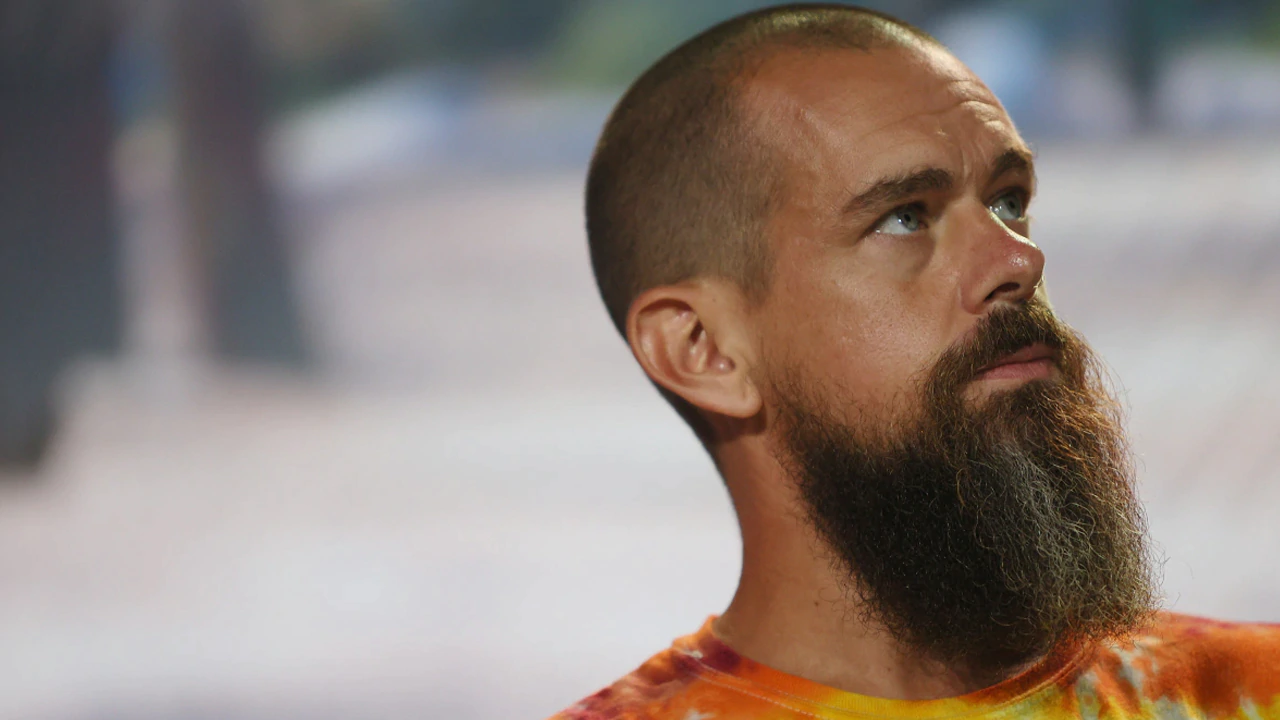Social media platforms are part of a huge network called the internet. From its founding father, Tim Berners-Lee, it was supposed to be decentralized.
It is meant to be a system of interconnected, independent, privately-owned computers and servers that work together to provide private, secure, censorship-resistant access to information and services.
In other words, the internet is initially designed to be a place where no one can control the flow of the information.
But fast forward, in the ever-growing tech world where billions and billions of devices are connected in the information highway, the internet has become centralized, in which the many information is controlled and governed only by a selected few.
From giant tech companies to government regulators and internet service providers (ISPs), the internet is no longer the way its original creators wanted it to be.
Jack Dorsey is the co-founder of Twitter, one of the internet's social media giant.
And he has regrets about the company he co-founded.

Dorsey who left the company he co-founded, tweeted that he feels guilty about the role Twitter has played in creating a centralized internet, where a small handful of companies and platforms claim an outsized proportion of users and their data.
While Twitter is significantly smaller than Google, and Meta's Facebook and Instagram, the social media has more than 200 million users.
This makes it qualified as one of the platforms that centralizes the overall web.
Twitter is one example of internet centralization, simply because it's a popular source of information and news, and it has become a place where powerful and influential individuals express their thoughts to the world with very limited boundaries.
"I realize I'm partially to blame, and regret it," Dorsey said in the tweet.
Dorsey referenced a few nostalgic elements from the early days of the internet, including online public bulletin board and discussion network Usenet, text-based chat platform Internet Relay Chat (IRC) and email encrypted with the Pretty Good Privacy (PGP) software program.
As a person old enough to have experienced all of those, he recalled those types of features "amazing" and lamented that "centralizing discovery and identity into corporations really damaged the internet."
the days of usenet, irc, the web...even email (w PGP)...were amazing. centralizing discovery and identity into corporations really damaged the internet.
I realize I'm partially to blame, and regret it.— jack (@jack) April 2, 2022
A decentralized internet is where the web is free from corporate or government overlords.
It is where people can grow their own information, in an architecture, services, and protocols that no individual, state, or corporation can substantially control its use.
It is means to be the ecosystem where people can have access to those information, as well as knowledge and culture, built on distributed network infrastructure that is resilient against censorship, surveillance, and other forms of control sanctioned by concentrations of power.
This isn't the first time Dorsey said about his regrets.
Previously, he said that he regretted for not having a plan for how Twitter's growth could affect the way people use the internet and share information online.
The company he founded was to decentralize information sources, allowing a wider range of people to connect and share posts, Dorsey noted in 2019.
But after Twitter became a company that needed to retain its users, features like the 'Like' feature is meant to increase engagement, and in turn affects its algorithms.
He said that Likes can incentivize even "the most salacious or controversial tweets."
Dorsey said that a lack of foresight by Twitter's founders, including himself, made then less prepared for what were about to happen.
Dorsey, who led Twitter from 2006 to 2008 and again from 2015 to 2021 after Dick Costolo, before Parag Agrawal took over, has also argued that the platform should be more transparent about how it displays and promotes tweets by publishing its algorithms.